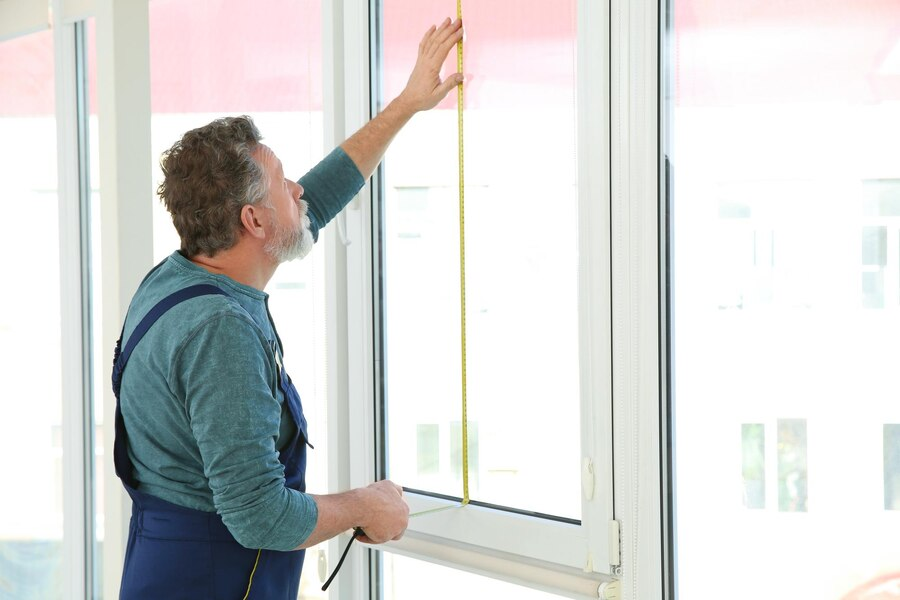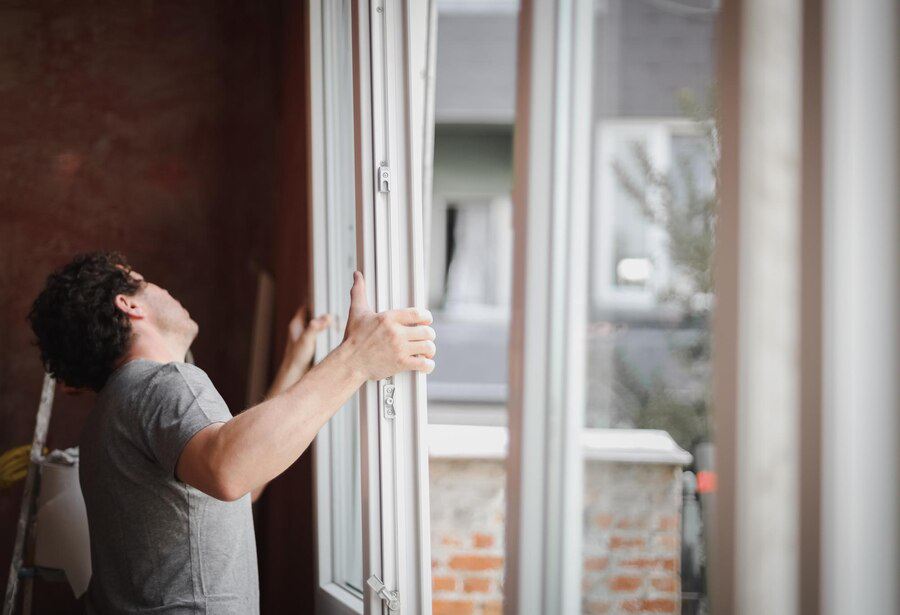
Cost of Replacement Windows
When considering home improvements, replacing windows is a major project that can enhance both the aesthetic appeal and energy efficiency of your home. Understanding the cost of replacement windows is crucial for making informed decisions and budgeting effectively. Various factors influence window replacement costs, including the type of window, materials, installation complexity, and the size of the project. On average, homeowners can expect to invest a significant amount in window replacement, but the long-term benefits—such as lower energy bills and increased property value—often outweigh the initial expenditure. In this guide, we’ll break down the costs associated with different types of windows, explore factors that can affect pricing, and offer tips for getting the best value for your investment.
Understanding the Factors Influencing Window Replacement Costs
Replacing windows in your home is a significant investment that can greatly impact your comfort, energy efficiency, and property value. However, the cost of window replacement can vary widely based on several key factors. In this section, we’ll break down these factors to help you understand what influences the overall price of this important home improvement project.

Type of Window
The type of window you choose plays a major role in determining the cost. Common types include double-hung, casement, slider, and bay windows. Double-hung windows, which have two sashes that slide up and down, are often more affordable. Casement windows, which open outward on a hinge, typically cost more due to their complex mechanisms. Specialty windows, such as bay or bow windows, are more expensive because they require custom installation and materials.
Window Material
The material used for the window frame and sash can significantly impact the cost. Common materials include vinyl, wood, fiberglass, and aluminum. Vinyl windows are usually the most cost-effective option, offering durability and low maintenance at a lower price. Wood windows, while more expensive, provide a classic look and can be stained or painted to match your home’s decor. Fiberglass windows offer excellent energy efficiency and durability but come with a higher price tag. Aluminum windows are generally more affordable but may not provide the same level of insulation.
Window Size
Larger windows or custom-sized windows typically cost more than standard-sized ones. The size of the window affects both the price of the window itself and the cost of installation. Larger windows require more materials and may necessitate additional structural modifications to your home, which can increase labor costs. Custom windows, designed to fit unique openings or architectural features, can also be more expensive due to their specialized nature.
Glass Type and Features
The type of glass and its features can influence the cost of replacement windows. Single-pane glass is the most basic and least expensive option, but it offers minimal insulation. Double-pane or triple-pane glass, which includes multiple layers of glass with insulating gas between them, can significantly increase energy efficiency and comfort but also raises the cost. Additional features, such as low-E coatings or tinted glass, further affect the price by enhancing energy performance and reducing glare.
Energy Efficiency
Windows with higher energy efficiency ratings generally cost more upfront but can save you money in the long run through reduced energy bills. Energy-efficient windows often include advanced technologies such as argon gas fills, low-E coatings, and insulated frames. While these features can increase the initial investment, they contribute to better insulation and reduced heating and cooling costs, making them a worthwhile consideration for many homeowners.
The Hidden Costs of Window Replacement: Permits and Additional Expenses
When planning a window replacement project, many homeowners focus primarily on the cost of the windows themselves and their installation. However, there are several hidden costs that can significantly impact the total expense. Understanding these additional costs is crucial for accurate budgeting and to avoid any financial surprises. In this section, we’ll delve into some common hidden costs associated with window replacement, including permits, additional expenses, and other factors that can affect the overall price of the project.
Permits and Fees
Before you begin a window replacement project, it’s important to check if you need a permit. Many local governments require permits for significant home improvements, including window replacements. Permit fees can vary based on your location and the scope of the project. Failing to obtain the necessary permits can result in fines and complications with future home sales. Be sure to consult with your local building department to determine permit requirements and associated costs.
Disposal and Recycling Fees
Replacing windows often involves disposing of the old ones, which can incur additional costs. Many contractors include disposal fees in their quotes, but some may charge extra for removing and recycling old windows. If you’re handling disposal yourself, you might need to pay fees at a local waste management facility or recycling center. It’s worth discussing disposal options and associated costs with your contractor to ensure they’re accounted for in your budget.
Structural Repairs and Modifications
In some cases, window replacement may require structural repairs or modifications to the window openings. This could include repairing water damage, reinforcing the frame, or addressing issues with the surrounding wall or siding. Such repairs can add unexpected costs to your project. It’s important to have a thorough inspection of your existing window frames and surrounding areas to identify any potential issues that could increase the overall expense.
Upgrades and Customizations
Customizing your new windows with features such as decorative grids, specialty glass, or custom colors can significantly increase the cost. While these upgrades can enhance the appearance and functionality of your windows, they often come with a higher price tag. Be sure to account for any desired upgrades in your budget and discuss these options with your contractor to understand their impact on the total cost.
Additional Labor Costs
The complexity of the installation can affect labor costs. For example, installing windows in hard-to-reach areas, such as high floors or areas with limited access, may require specialized equipment or additional labor. Similarly, if your project involves complex window designs or structural modifications, it may increase the amount of time and effort needed for installation. Clarify any potential additional labor costs with your contractor before the project begins.
The Role of Window Size and Style in Determining Cost
When planning a window replacement, the size and style of the windows you choose can significantly influence the overall cost of the project. Understanding how these factors impact pricing will help you make informed decisions and manage your budget more effectively. Here’s a brief overview of the key considerations:
- Standard vs. Custom Sizes: Standard-sized windows are typically less expensive due to mass production and straightforward installation. Custom-sized windows, designed to fit unique openings or architectural features, often cost more because they require special manufacturing and installation.
- Basic vs. Specialty Styles: Basic styles, such as double-hung or sliding windows, generally cost less than specialty styles like bay or bow windows. Specialty windows often require more complex installation and custom materials, increasing their price.
- Size Impact: Larger windows or those with expansive glass areas are more costly. They require more materials and potentially more extensive structural modifications, which can drive up both material and labor costs.
- Complexity of Design: Windows with intricate designs or additional features, such as multiple panes or decorative grids, can add to the cost. The complexity of the design affects both the price of the window itself and the cost of installation.
Conclusion
In summary, replacing windows can significantly enhance the comfort, energy efficiency, and curb appeal of your home. While the cost may vary based on the type, size, and material of the windows, investing in high-quality replacements can yield long-term savings and benefits. At EZ Window Solutions of Strongsville, we understand the complexities involved in window replacement and are here to guide you through the process seamlessly.
For personalized assistance and a detailed quote, don’t hesitate to reach out to us. Our team in Strongsville, Ohio, is dedicated to providing top-notch service and ensuring your satisfaction with every project. Contact us at +1 (440) 230-3838 to get started on transforming your home with beautiful, efficient windows.


Write a Comment